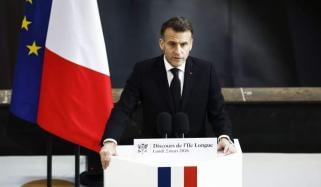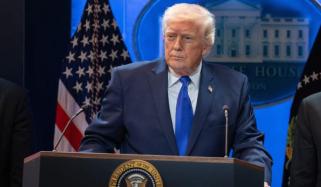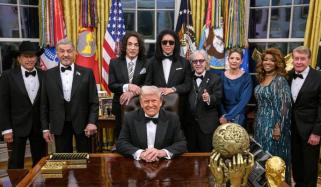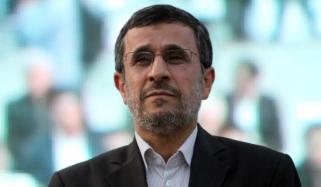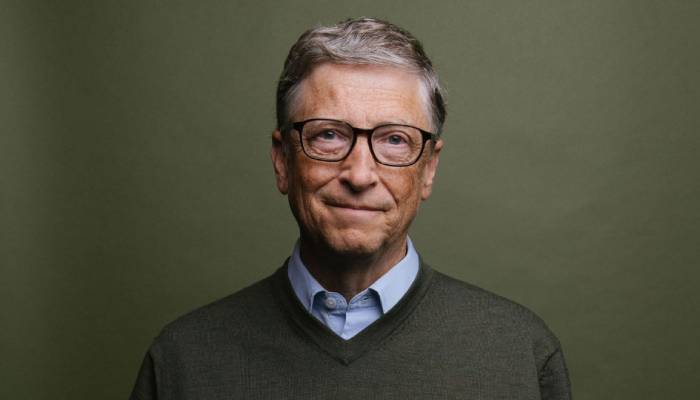
Usually, children inherit their parents' property but in Bill Gates' case, this is not the case.
Gates, the cofounder of Microsoft has decided to leave less than 1% of his wealth to his children.
He believes it’s more beneficial for them to achieve their own success rather than inherit a large fortune.
This approach is also followed by other wealthy tech figures like Steve Jobs and Jeff Bezos, who focus on philanthropy instead of passing down massive wealth to their heirs.
Even though Gates is leaving less than 1% of his wealth to his children, that small portion is still worth an enormous amount of money.
Related: From Bill Gates to Jeff Bezos: Surprising first jobs of world’s richest people
According to the Bloomberg Billionaire's Index, Gates is worth $162 billion, meaning 1% of his wealth would be $1.62 billion.
Even with Forbes reporting his net worth as slightly lower at $107 billion, 1% of that would still be more than a billion dollars.
Gates shared on the Figuring Out With Raj Shamani podcast that the inheritance choices made by wealthy families are influenced by their personal beliefs and values.
He said, “Everybody gets to decide on that. In my case my kids got a great upbringing and education but less than 1% of the total wealth because I decided it wouldn’t be a favor to them.”
“It’s not a dynasty, I’m not asking them to run Microsoft. I want to give them a chance to have their own earnings and success,” the billionaire added.
Gates is a successful philanthropist and his organization works on issues like polio, water sanitation and vaccines for deadly diseases. He hoped that his children would feel proud of these efforts.
Related: Bill Gates drops shocking AI prediction for next decade






